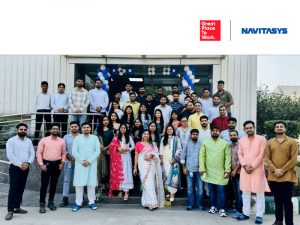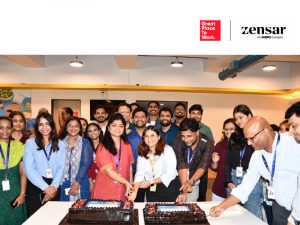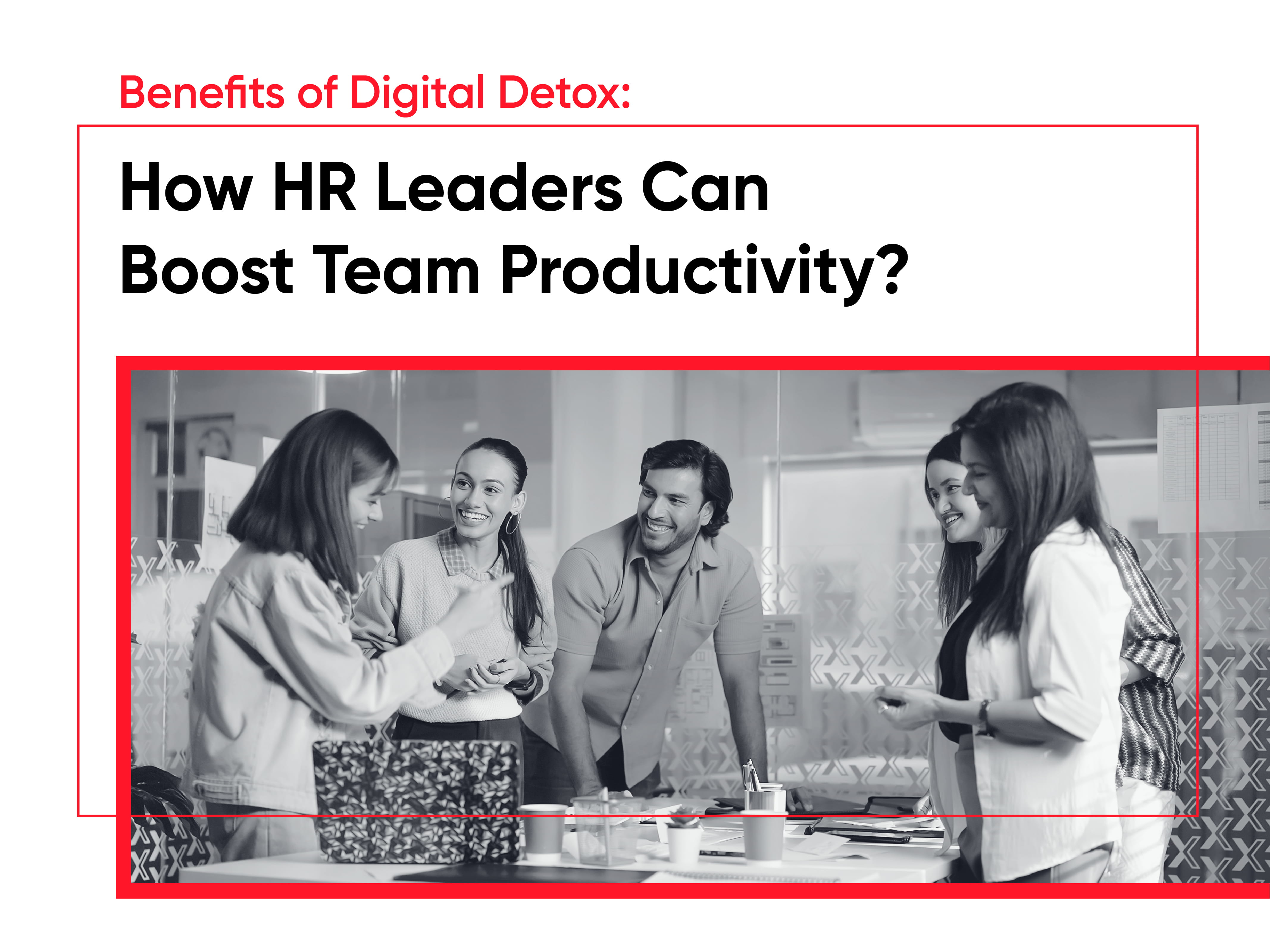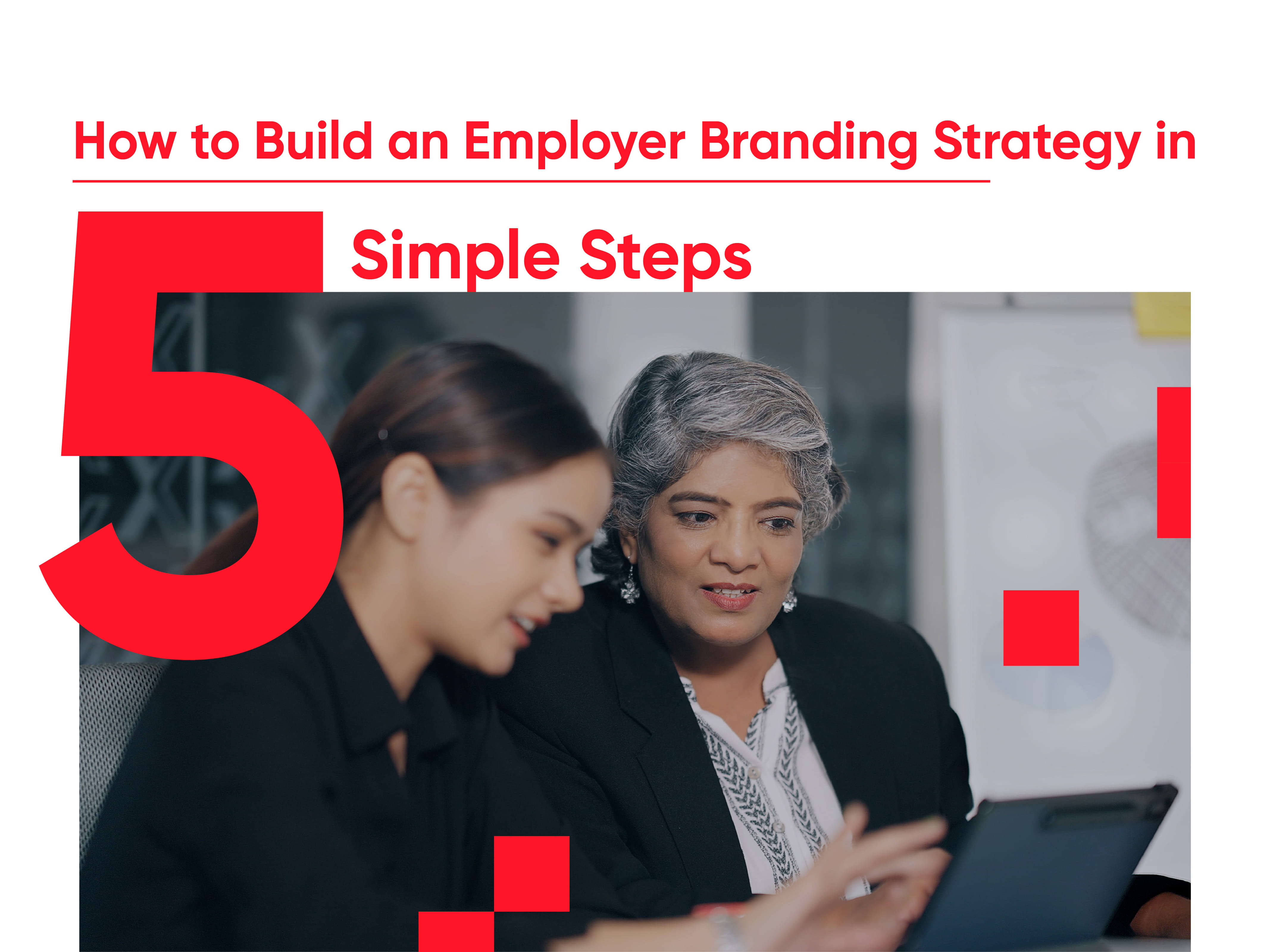In today’s competitive and evolving workplace, equity is more than just a buzzword; it’s a fundamental requirement for fostering an environment where all employees can thrive. In the financial services industry, especially within the Banking, Financial Services, and Insurance (BFSI) sector, there is a growing recognition that equitable practices are crucial for long-term success. The “India’s Best Workplaces in BFSI 2024” report sheds light on this, showcasing how equity impacts employee satisfaction, organizational culture, and performance.
Understanding Equity in the Workplace
Equity in the workplace refers to the fair treatment of all employees, ensuring that everyone has equal access to opportunities, rewards, and resources, regardless of gender, age, position, or background. Unlike equality, which promotes identical treatment, equity recognizes individual needs and adjusts resources accordingly to eliminate barriers to success.
For companies in the BFSI sector, prioritizing equity means creating policies that address the unique challenges faced by different demographics, thereby fostering a culture where everyone feels valued. A focus on equity not only improves job satisfaction but also drives productivity, enhances loyalty, and creates a more dynamic workplace.
Equity in BFSI: Gender and Generational Perspectives
The BFSI sector has made strides in promoting equity, yet data from the 2024 report reveals disparities in employee experiences, particularly across gender and generational lines.
Gender-Based Differences in Equity Perception
The report indicates that while four out of five BFSI employees feel positively about workplace equity, female employees report a lower satisfaction rate than their male counterparts. Specifically, women are five percentage points less satisfied with workplace equity. This discrepancy spans multiple aspects, including fair pay, recognition, and treatment regardless of position.

Recognition: Women in the BFSI sector are less likely to feel they receive special recognition. The report states that one in four female employees perceives a lack of recognition opportunities, which can impact motivation and job satisfaction. Recognition is essential for fostering a sense of accomplishment, and a lack of it can lead to disengagement, particularly for women striving to balance multiple roles.
Fair Pay and Profit Sharing: Another significant area where gender inequity persists is in compensation. The report shows that women are less likely to feel they receive a fair share of profits and fair pay. Fair compensation is a core component of equity, as it acknowledges the value of each employee’s contributions, regardless of gender. Addressing pay disparities is critical for ensuring women feel equally valued and motivated.
Workplace Culture and Bias: Gender bias remains a challenge in the BFSI sector, with some women reporting a lack of opportunities compared to their male colleagues. This perception highlights the need for ongoing efforts to address unconscious biases in promotion and recognition processes, ensuring fair opportunities for advancement.
Generational Variations in Equity Perception
In addition to gender, the report reveals generational differences in equity perceptions. Gen Z employees, who represent a growing demographic in the BFSI sector, report lower satisfaction with fair pay compared to their older counterparts.

Fair Pay for Younger Employees: Nearly 80% of Gen Z and Millennial employees are generally satisfied with equity at work; however, Gen Z employees report a 6% lower perception of fair pay. For younger employees who may be balancing student loans and early career expenses, perceptions of unfair compensation can significantly impact retention. Addressing this generational gap in satisfaction can help prevent attrition and promote loyalty among younger talent.
Recognition and Growth Opportunities: Both Gen Z and Millennials emphasize the importance of fair recognition and growth opportunities. Ensuring that younger employees feel recognized and have access to advancement opportunities is vital for fostering a sense of belonging and loyalty. Organizations that prioritize equitable practices across generations are better positioned to retain top talent and support career development.
Addressing Gender-Based Equity Needs in the BFSI Workplace

Sincere Interest from Management: According to the data, 82% of female employees feel that they receive sincere interest from management, compared to 77% of male employees. This five-point difference indicates a gap in how supported women feel by their leaders. Organizations can bridge this gap by fostering transparent communication, mentorship programs, and leadership training that emphasizes empathy and support.
Work-Life Balance: Work-life balance is another crucial area where female employees report a higher need, with 80% indicating satisfaction compared to 76% of male employees. Given that women often face greater demands related to family and caregiving responsibilities, BFSI organizations should prioritize flexible work policies that allow for a healthy balance, ensuring women can thrive both personally and professionally.
Special and Unique Benefits: Finally, women show a slightly higher need for unique benefits, with 76% reporting satisfaction versus 72% of male employees. This indicates a demand for tailored benefits that cater specifically to women’s needs, such as parental support, healthcare benefits, and career development opportunities targeted at addressing gender-specific challenges in the workplace.
Equity Across Generations: Understanding the Needs of Gen Z and Millennials

Taking Time Off When Necessary: Only 79% of Gen Z employees feel they can take time off when needed, compared to 83% of Millennials and 84% of older employees. This discrepancy suggests that younger employees may feel pressured to constantly perform or may lack the confidence to request time off, potentially impacting their work-life balance and overall mental health. Organizations could promote a culture that normalizes taking breaks to avoid burnout, especially for younger employees early in their careers.
Work-Life Balance: The report shows that only 75% of Gen Z employees feel satisfied with their work-life balance, compared to 81% of older generations. This gap highlights the need for flexible scheduling options and remote work policies to accommodate the lifestyle preferences of younger workers, who prioritize balance and personal development.
Psychologically and Emotionally Healthy Workplace: A psychologically and emotionally supportive workplace is essential for employee well-being. While 78% of Gen Z employees perceive their workplace as healthy in this regard, Millennials (82%) and older employees (84%) feel slightly more supported. The BFSI sector could implement mental health programs, counseling services, and stress management workshops to address this generational gap.
Sincere Interest from Management: Gen Z employees feel the least satisfied in terms of management’s genuine interest in their growth, with 77% expressing positive sentiment compared to 81% of Millennials and 83% of other generations. Providing mentorship programs, feedback channels, and career development resources could help younger employees feel more valued and connected to their leaders.
Achieving workplace equity is an ongoing process that requires commitment from all levels of an organization. By focusing on transparent practices, recognizing individual contributions, addressing biases, and providing supportive work environments, BFSI companies can create a culture where every employee feels valued and empowered.
In a world where talent is one of the most valuable assets, companies that champion equity are not only building better workplaces—they’re setting the standard for the future of the BFSI sector.
Get Certified to Showcase Your Commitment
Achieving Great Place To Work Certification™ is an excellent way to demonstrate your organization’s commitment to employees’ overall well-being and experience. This Certification not only enhances your employer branding but also helps attract and retain top talent. It highlights to current and prospective employees that your organization values their overall well-being, fostering an environment where they feel appreciated and supported.
By implementing a culture of trust, respect, and collaboration, you can create a workplace where employees feel valued and connected. Certification also provides a benchmark for continuous improvement, helping you identify areas where you can further enhance employee well-being and overall workplace culture.










